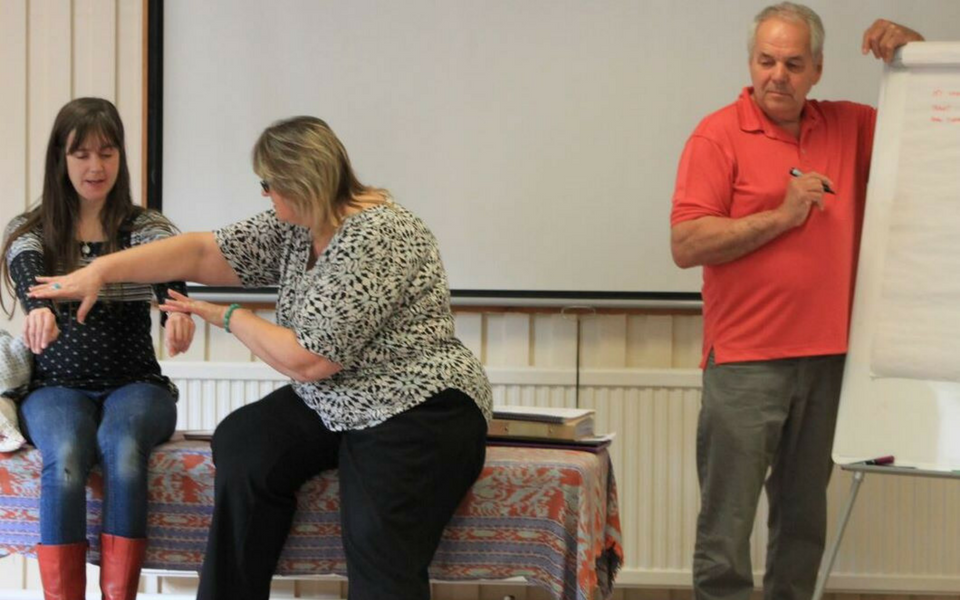Mentoring

You can only take your client as deep as you yourself are prepared to travel.
This is a cornerstone of the Creative Kinesiology School, we consider mentoring to be very important, both to running a successful therapeutic practice and to evolving as a therapist, practitioner, and healer.
What is mentoring?
Mentoring helps practitioners and teachers grow and develop into the best practitioner and/or teacher they can be. Individual sessions offer a safe, confidential place where you can discuss issues concerning clients and anything regarding your practice.
Mentoring can help make sure that not only are you as balanced and grounded as you can be while you are teaching or practising but also that you have the opportunity to explore yourself more deeply.
You are not alone
It can sometimes feel isolating and alone when practising in the field - mentoring helps you feel connected, supported and that someone is there to help. It is a place to get help with your practice, workshops or anything affecting the way you work. Whatever you want to bring to the session to look at will be the focus. This could be:
- fears around setting up your practice
- problems arising within sessions
- feelings towards clients
- clients cancelling or not turning up
- not enough clients making appointments
- coaching on technique
- help with running workshops or groups
Mentoring can take place in individual or group sessions.
Who is a Mentor?
A mentor is someone who is experienced within their field and so able to pass on the wisdom of their experience. Equally, a mentor could also be any experienced practitioner from other similar fields (such as psychotherapists and counsellors or another area of complementary medicine) who runs a busy, successful practice.
How to choose a mentor
Choosing the right mentor is important. This relationship can be incredibly helpful and long-lasting, so it is worth taking the time to find the right person for you. Mentors can give you the guidance you need to realise your potential and become successful, and can support you when the going gets tough.
Some practitioners prefer to work with a Creative Kinesiology mentor. However, others find it useful to choose someone from a related field within the caring professions. Whatever your preference, the key is to click with that person and the way they work.
What next?
- Discover the Seven Steps of Success to becoming a practitioner
- Find out why we offer a unique style of learning
- Take a look at our LifeTracking Foundation course
- Explore our professional training courses in Creative Kinesiology
- Extend your skills with our Core Subjects courses
- Browse our CPD workshops, both for CK practitioners and open access
- Meet the Creative Kinesiology teaching team
- Join our CK teacher training programme